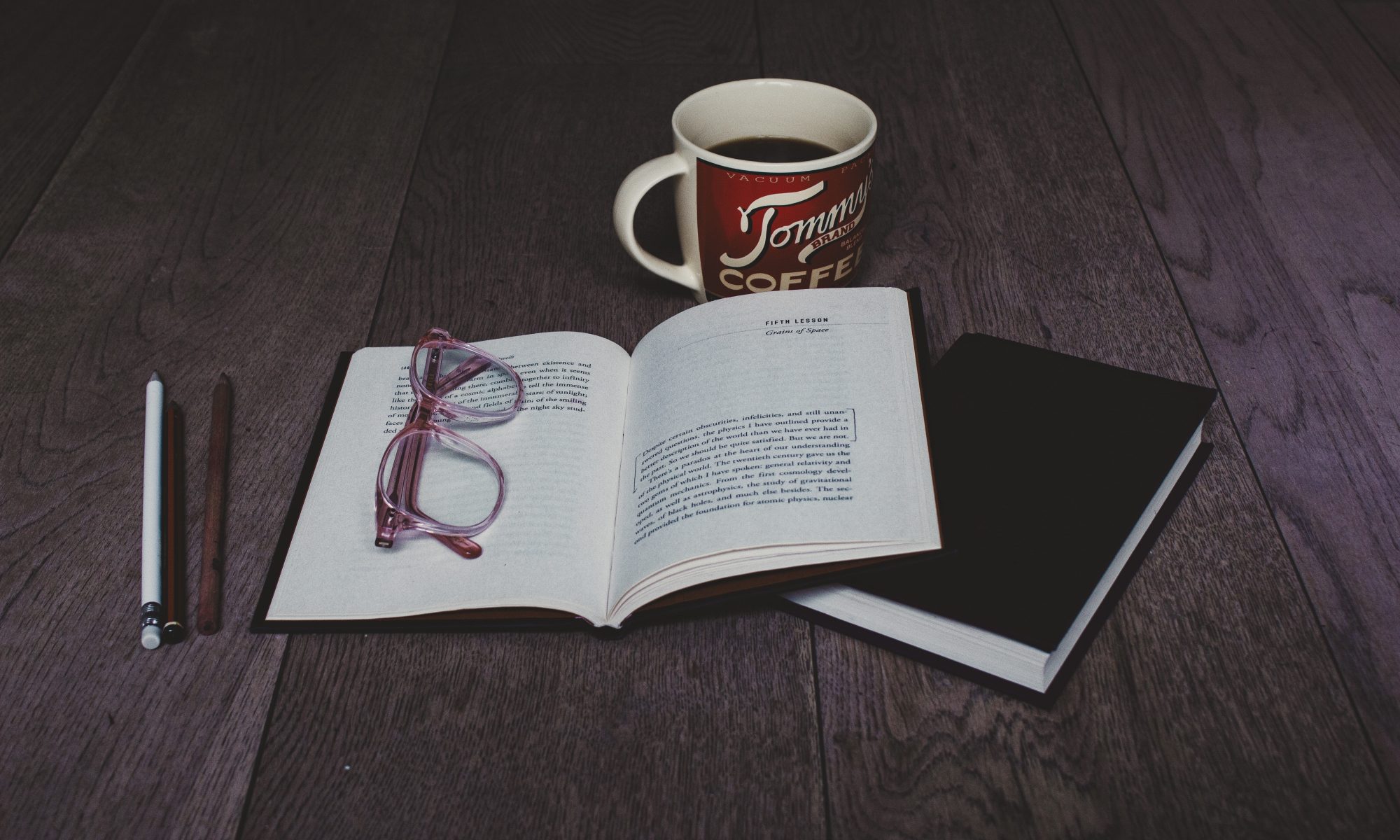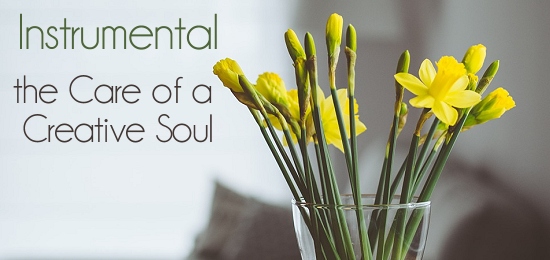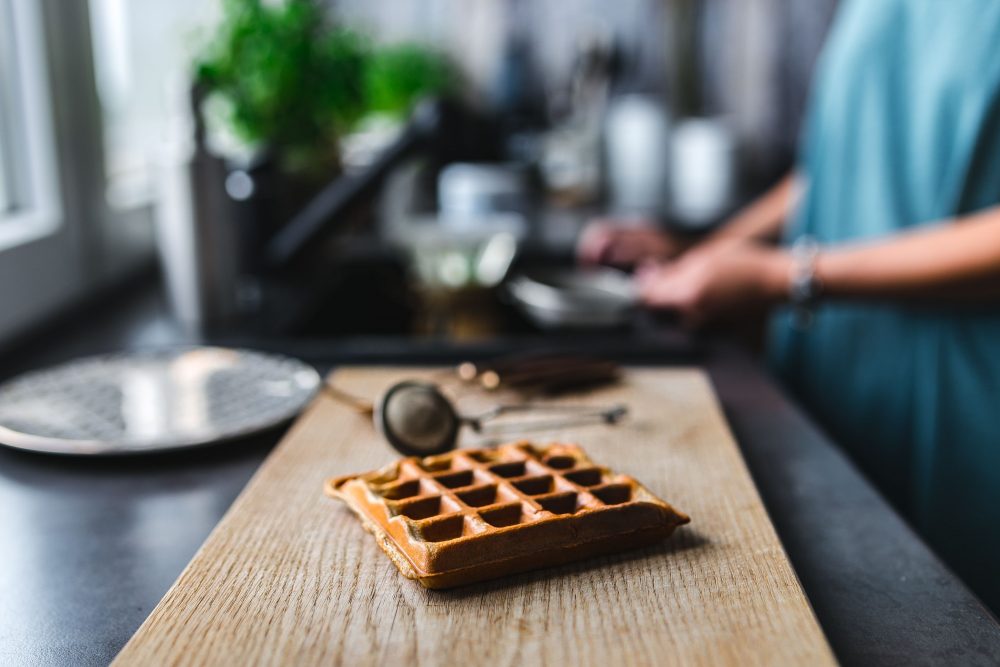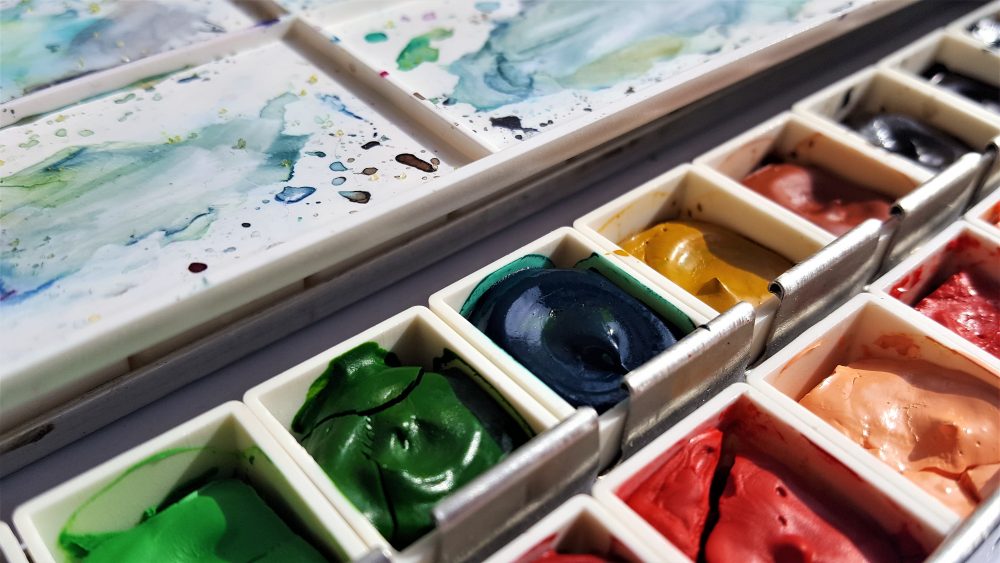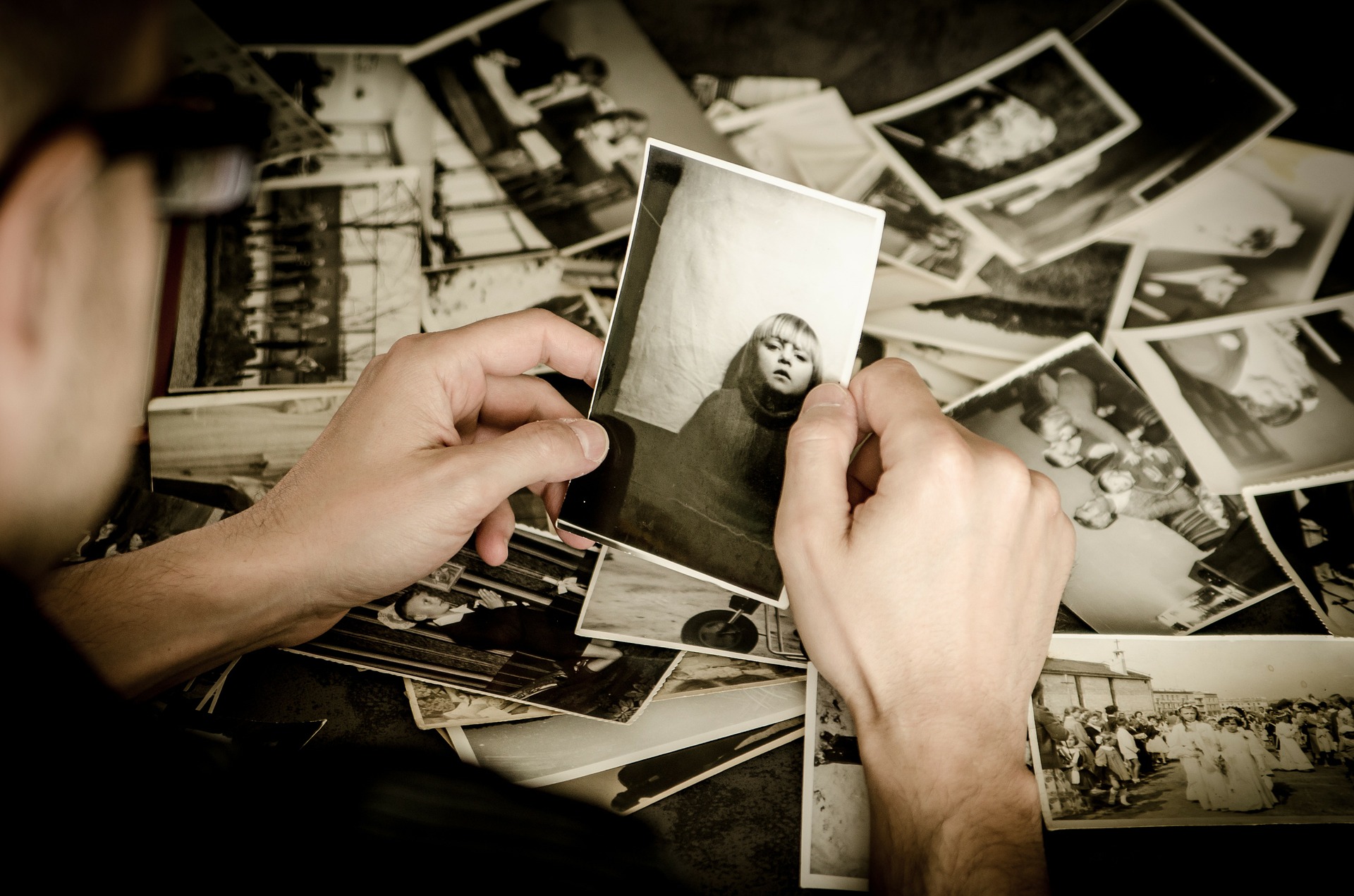
We all feel nostalgic from time to time. Wistfully reflecting back to happier times, positive memories and sentimental feelings about our past. But when does nostalgia become disruptive? As a psychotherapist, I consider what time zone clients think and live in. We have various psychological time zones that we live in and some can increase feelings of being stuck, anxious or depressed.
The healthiest place where our thoughts and feelings reside is in the mindful now, but of course we vacillate between thoughts of our past or thoughts of our future and those can have both positive and negative associations.
According to psychologist Professor Philip Zimbardo*, there are 6 psychological times zones that we can live in at any given moment. 2 in the past, 2 in the future and 2 in the present. All of these have a positive and negative slant. Take the past for example. We can feel inhibited from living in the positive now because of a negative lens on our past. People think those tragic, sad, horrible things happened and therefore we cannot move on. We’re stuck living in the pain of the past.
On the flip side, we can romanticize and over-glorify the past. We can attach to “the good ol’ days” as a way of saying we can’t be happy now because it will never be as good as it was back then. Both of these cause us problems, but the latter is where the danger lies in being overly nostalgic.
The same is true about our future. One version suggests ‘we can’t be happy in the now, because scary things are potentially in my future’ or ‘I know I’ll be happy when this, that or the other happens in my future.’
If we spend too much time reminiscing about the past or worrying about the future, we can become stuck and frozen in the now. The question that therapists use to assess whether or not a thinking pattern or a behavior is dysfunctional is always, “is this behavior impeding functioning?” So if you approach the holidays with a longing to hold on to traditions, but you are still able to execute those traditions without an overwhelming sense of sadness or longing for days gone by, then nostalgia elicits sweet memories and is not impeding your functioning.
But if nostalgic thoughts shut you down or you find yourself being flooded with emotions, affect, tears or heartache and pain, you may need to consider reaching out for more support to help you stay connected to the positive now.
What helps when we become overly attached to the past? Mindfulness practices, gratitude practices, support from friends, family and a good therapist. First, mindfulness helps us stay present to the moment now in a nonjudgmental, unattached fashion. It helps bring our senses and our awareness to what we’re in front of or engaged in and in turn enhances the richness and quality of life.
Second, gratitude practices help us move from longing for something to be different to finding joy and abundance in what is. Gratitude also helps train our brain to scan for the positive. Nostalgic memories can sometimes link to a feeling of sadness. Perhaps we infuse nostalgia with gratitude and focus on what we’re grateful for when we reflect back on the sweetness of our memories rather than on a melancholy longing to recreate them or return to them.
And finally, support. If we notice that our nostalgia is inhibiting our ability to thrive, we need to reach out for support from family, friends and potentially to a good mental health provider who might be able to help us develop better coping strategies.

Overall, the holiday season has the potential to bring back a sense of nostalgia and the sweet, sentimental memories we recall can be comforting.
But if you notice yourself spending a lot of time thinking about or longing for the past or you feel stuck in the present or uncomfortable in the now, your nostalgic thoughts and feelings might be disruptive and you may need to consider some of these strategies for support.
About the Author: Megan Gunnell
 Megan Gunnell is a Psychotherapist, Speaker, Writer, International Retreat Leader with over 20 years experience. She has presented and facilitated workshops and retreats globally and nationwide most notably in Finland at Jyvaskyla University, in Costa Rica at Anamaya and Ahki Resorts, at Miraval Resort and Spa, Arizona, the Bryant University Women’s Summit, Rhode Island and at Red Mountain Resort, Utah. A leading expert in women’s health, self-care and mindfulness, her work helps clients transform, restore and reach their highest potential.
Megan Gunnell is a Psychotherapist, Speaker, Writer, International Retreat Leader with over 20 years experience. She has presented and facilitated workshops and retreats globally and nationwide most notably in Finland at Jyvaskyla University, in Costa Rica at Anamaya and Ahki Resorts, at Miraval Resort and Spa, Arizona, the Bryant University Women’s Summit, Rhode Island and at Red Mountain Resort, Utah. A leading expert in women’s health, self-care and mindfulness, her work helps clients transform, restore and reach their highest potential.
*Reference:
Professor Philip Zimbardo’s presentation on the secret powers of time: https://www.youtube.com/watch?v=A3oIiH7BLmg
